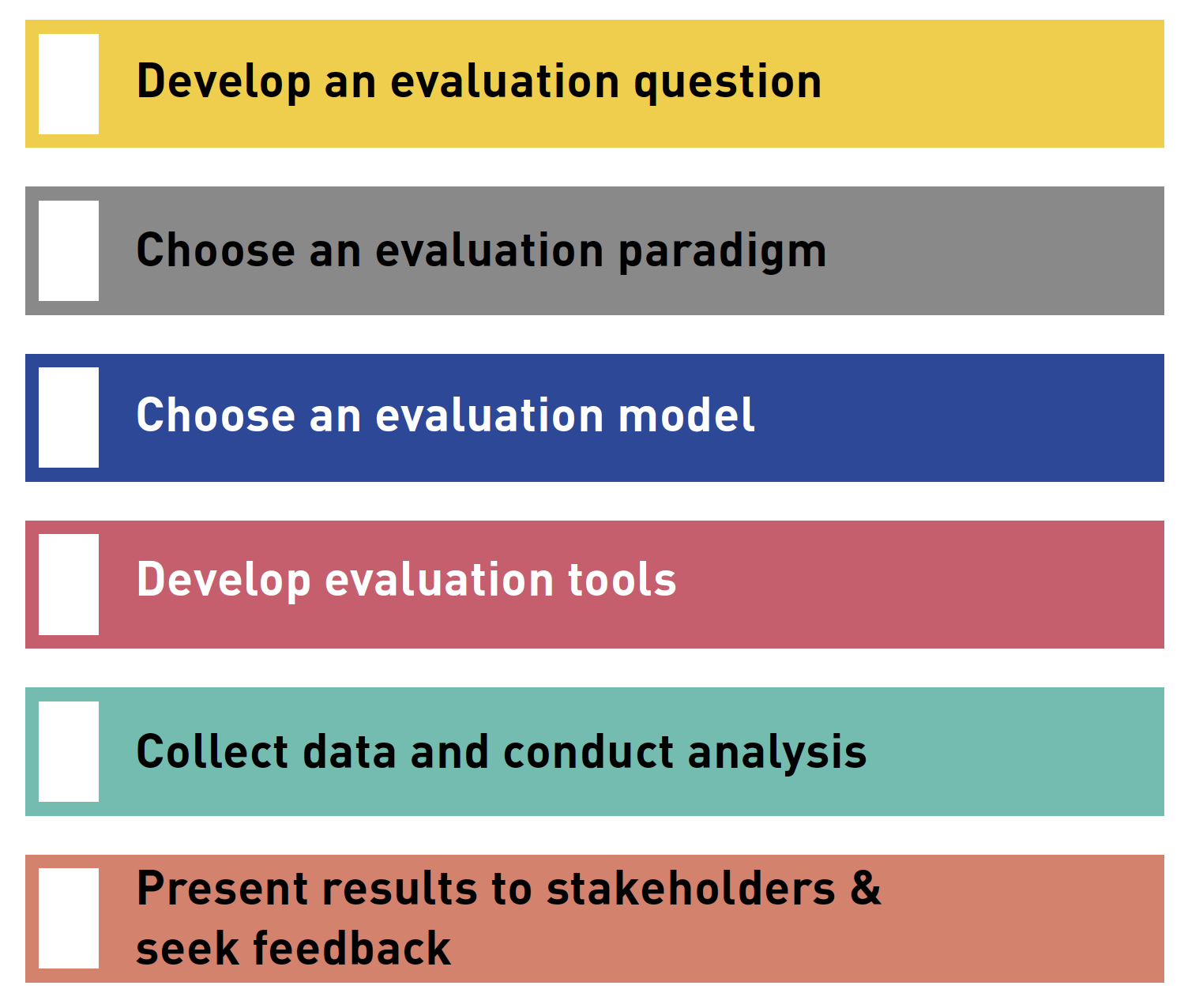(1) Programme Evaluation
Evaluation of EL is important in ensuring the programme quality (Fitzpatrick, Sanders & Worthen, 2011). Evaluation is different from assessment, the former of which considers the quality and effectiveness of the programme, while the latter considers measurement and facilitation of student learning.
(2) What is a good EL programme?
There are a number of criteria in determining the quality of EL programmes. Examples are:
- Authenticity (Calvin, 2012; Higher Education Quality Council of Ontario, 2016): Successful EL provides authentic environments. The authenticity does not mean that students must be physically situated in a company; instead, it is more important to design authentic activities that encompass complexity near to the real professional practice (Zou & Chan, 2016).
- Constructive alignment (Biggs, 1999): As all other programmes, successful EL programmes demonstrate constructive alignment among the intended learning outcomes, learning activities, and assessment.
- A complete cycle of ‘Concrete experience – Reflective observation – Abstract conceptualisation – Active experimentation’ (Kolb, 1984).
(3) Process of evaluation
Here, an evaluation process is introduced, which instructors can consider to use for reflecting on their programme design and making continuous improvement (adapted from Higher Education Quality Council of Ontario, 2016).

